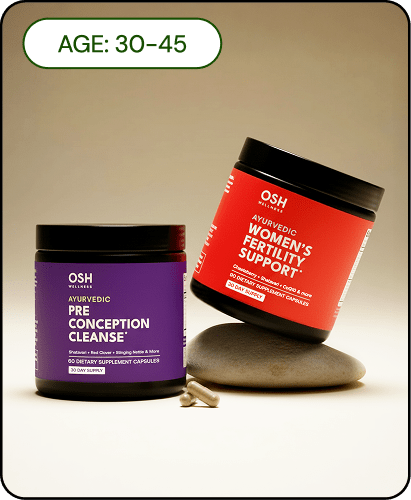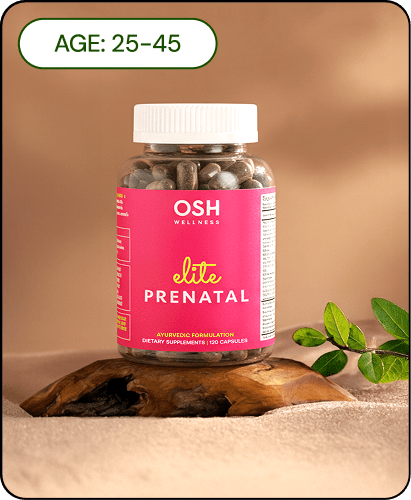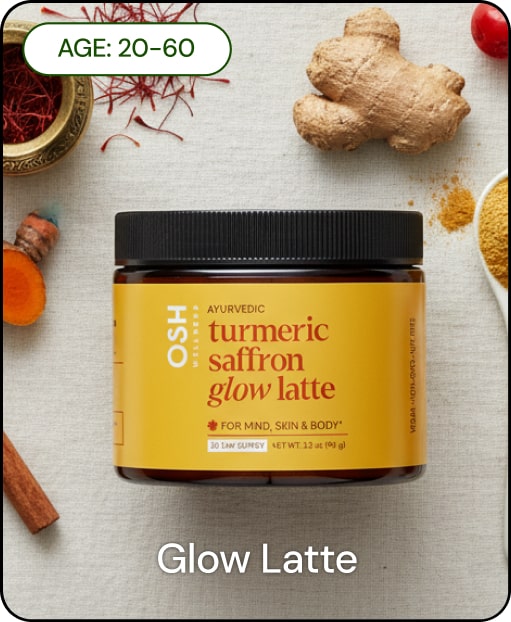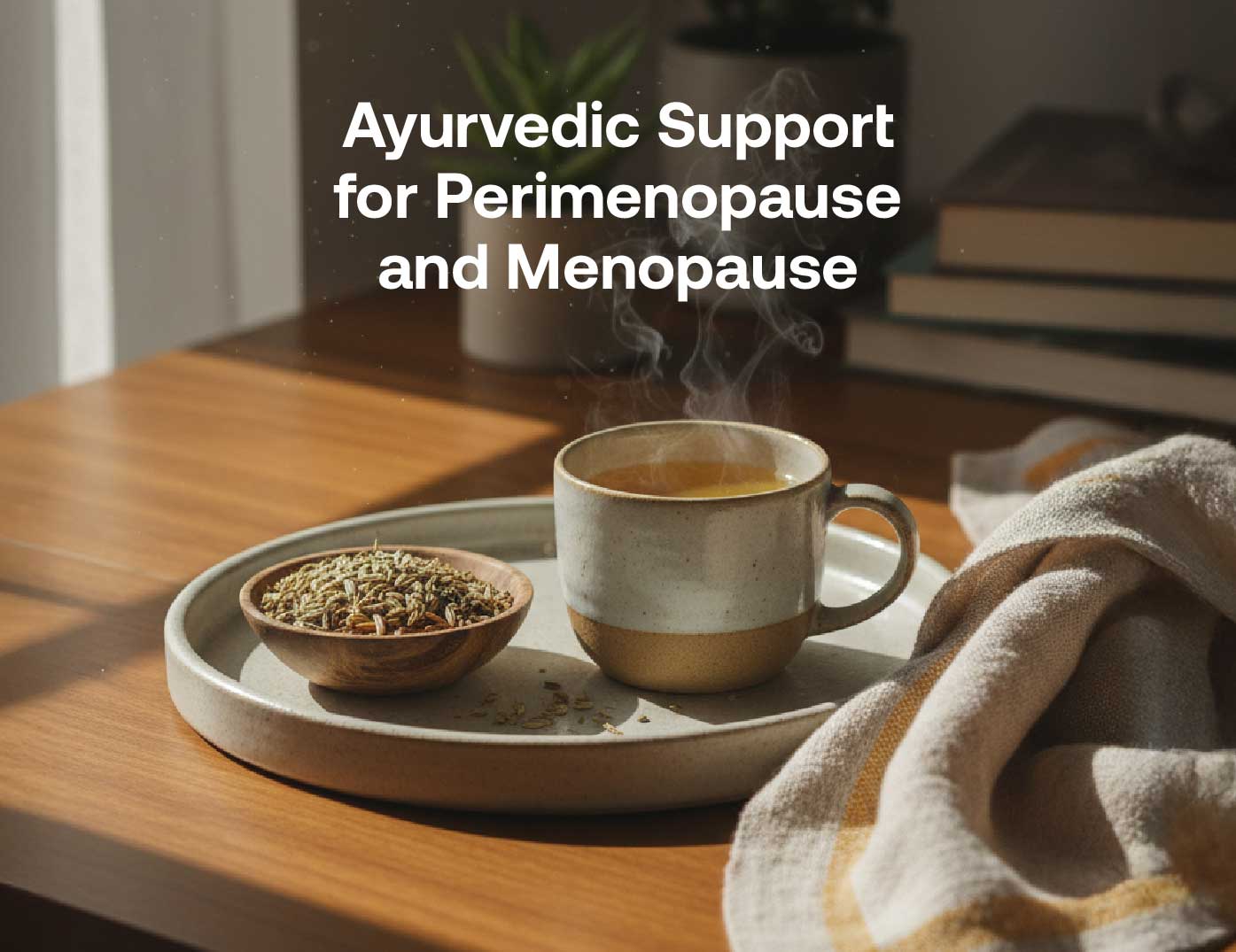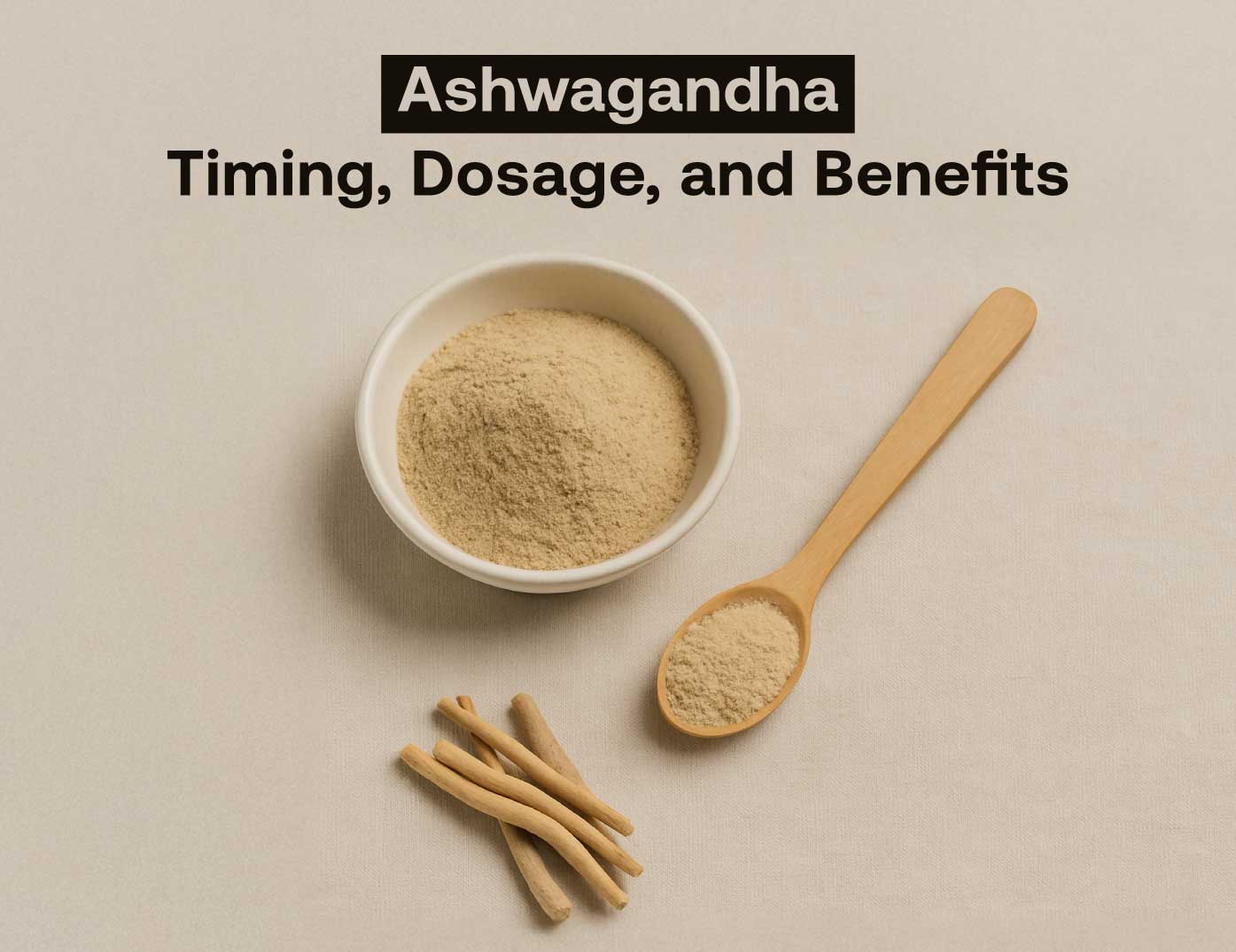Table of contents
Polycystic Ovary Syndrome (PCOS) affects many women, leading to a range of symptoms that impact physical and emotional well-being. As traditional approaches to managing this condition evolve, Shatavari, a revered herb from Ayurveda, has emerged as a potential ally. This article explores the multifaceted benefits of Shatavari for PCOS, drawing upon its historical use, scientific backing, and practical integration tips.
Understanding the Impact of PCOS on Women’s Health

Polycystic Ovary Syndrome (PCOS) is a complex endocrine disorder that affects various aspects of women’s health, especially during the reproductive years. It is characterized by:
Excess hair growth (hirsutism)
Acne and fertility challenges
Polycystic ovaries observed via ultrasound [1]
Diagnosis typically requires the presence of at least two of these symptoms: irregular ovulation or menstruation, elevated androgen levels, and ovarian cysts [2].
A pivotal concern is irregular menstruation, often less than nine periods per year or cycles longer than 35 days [3]. Hormonal imbalances contribute to infertility, and about 50% of women with PCOS also experience obesity and insulin resistance [4].
Beyond reproduction, PCOS elevates the risk of metabolic conditions like Type 2 diabetes and heart disease [5]. The psychological toll is significant, with increased rates of anxiety, depression, and disordered eating. Recognizing these vast impacts paves the way for exploring natural treatments like Shatavari for PCOS care.
The Historical and Cultural Significance of Shatavari

Shatavari (*Asparagus racemosus*) holds deep significance in Ayurvedic tradition and is dubbed the "Queen of Herbs" for its support of feminine health. It is classified as a Rasayana, symbolizing vitality and longevity, with mentions in ancient Ayurvedic scriptures like the Charaka Samhita and Sushruta Samhita [6].
The term “Shatavari” translates to “she who possesses a hundred husbands,” reflecting its historic use in enhancing fertility and hormonal balance [7]. Its cultural significance extends to Hindu spiritual practices, where it is regarded as sacred and crucial in managing menstrual and menopausal disorders.
Adapted throughout Indian regions and recognized by European scholars during the colonial period, Shatavari’s reputation has stood the test of time. Its resilience and symbolic association with femininity resonate with its modern-day adaptability in integrative medicine.
Diving Deep into Shatavari's Mechanisms of Action

Shatavari’s benefits for PCOS management stem from its multi-targeted biological mechanisms, which include:
Hormonal regulation via the Hypothalamic-Pituitary-Ovarian (HPO) axis, promoting regular ovulation [10]
Support for follicular maturation, aiding in ovulatory cycles [10]
Antioxidant and anti-inflammatory properties, which help reduce oxidative stress, a common concern in PCOS [11]
Adaptogenic effects that improve stress resilience, a factor linked to hormonal imbalance [12]
Phytoestrogens that mimic estrogen, helping to balance hormonal fluctuations [13]
Immunomodulatory functions supporting overall reproductive health
Though promising, further clinical studies are essential to define exact molecular pathways and establish clinical protocols to use Shatavari with precision.
Examining Current Research on Shatavari For PCOS

Contemporary studies show encouraging outcomes with Shatavari in managing PCOS. A clinical trial indicated that:
75% of women experienced regular menstruation after combining Shatavari with other herbs
57.5% normalized their cycle length
70% had improved menstrual flow [14]
Additionally, ultrasound studies revealed that Shatavari contributed to:
Reduced ovarian volume and endometrial thickness
Better follicular development supporting fertility restoration [15]
A small open-label study of 100 women with various infertility causes reported a 75% overall conception rate following Ayurvedic treatment with Dhanvantari taila uttarabasti (a multi-herbal oil formulation). However, due to multi-herb regimens often used in studies, isolating Shatavari's specific impact remains a challenge. Larger studies with standardized protocols are needed.
Practical Guidance on Incorporating Shatavari into Your Routine
For those exploring herbal remedies, incorporating Shatavari into your wellness regimen is simple. Recommended intake includes:
Powder form: 3-6 grams daily, mixed with warm milk or water
Capsules/Tablets: 1-2 caps twice daily after meals
Fresh juice: 10-20 ml daily
Decoction/Tea: 50-100 ml
Traditional recipes like Shatavari Lehyam (an herbal jam with ghee and jaggery) are popular for nourishment, especially post-pregnancy [17]. Mixing the powder with milk and honey is another soothing and effective method [18].
As with any supplement, observe your body's response. While side effects are rare, mild digestive discomfort can occur. Always consult a healthcare professional, especially if pregnant or breastfeeding, to ensure safety and compatibility [19].
The Future of Shatavari in Holistic PCOS Management

Shatavari’s future as part of integrative PCOS management looks promising. Ayurvedic experts emphasize its role in hormonal balance and stress reduction, which are crucial in PCOS care [20].
Highlights from clinical protocols reveal that:
Up to 85% of women saw significant improvements
It may support PCOS via hormonal, antioxidant, and metabolic effects; clinical ovulation rates are modest [15]
However, experts emphasize the importance of controlled, long-term studies to validate these outcomes and determine optimal dosages [14]. Integrating Shatavari with lifestyle changes and conventional therapies reflects a growing trend in holistic women’s health support.
Relevant Products
Osh Wellness PCOS Cleanse & Conceive Bundle is a thoughtfully formulated 3-step conception plan. It contains Pre-conception Cleanse and Women's Fertility Support, both of which contain Shatavari as the primary ingredient for hormonal balance.
This expert-created system aids in hormonal regulation and prepares the female body for conception, making it an ideal support system for PCOS management.
Conclusions

While not a standalone cure, Shatavari holds promise in alleviating symptoms of PCOS through its adaptogenic, hormonal, and regenerative properties. When used alongside medical care and lifestyle strategies, it empowers women to manage their reproductive health holistically. Always consult a healthcare practitioner for tailored guidance before incorporating it into your care plan.
FAQs
What is Shatavari and how does it function in Ayurveda?
Shatavari is an Ayurvedic herb that supports female reproductive health and acts as a Rasayana or rejuvenator.
How can Shatavari assist in alleviating PCOS symptoms?
Shatavari promotes hormonal balance, supports ovulation, reduces oxidative stress, and enhances reproductive health, which helps in reducing PCOS symptoms.
Are there any known side effects associated with Shatavari?
Most users tolerate it well; however, minor digestive issues can occur in rare cases.
Is it safe to combine Shatavari with conventional treatments for PCOS?
Yes, under medical supervision, it can be complementary to traditional medicine. Please consult with your doctor before starting Shatavari if you are taking any medicines or undergoing a medical treatment.
What is the most effective way to consume Shatavari?
Powder, capsules, decoctions, or traditional Ayurvedic preparations based on personal preference and body type.
Sources
1: Mayo Clinic - Polycystic Ovary Syndrome
2: NYU Langone - PCOS Diagnosis
6: The Pahadi Story - Shatavari Benefits
7: Ayurved DPU - Shatavari Benefits
8: IJPRA Journal - Traditional and Modern Medicine
9: Banyan Botanicals - Know Your Herbal Allies
10: IJPQA - Mechanisms of Shatavari
11: PubMed - Shatavari and Antioxidants
12: MyOvaCare - Shatavari Benefits
13: World Journal of Pharmaceutical Research - Shatavari
14: PNR Journal - Clinical Study on Shatavari
15: PMC - Shatavari Efficacy Studies
16: Semantic Scholar - Ovarian Health Study
17: Planet Ayurveda - Shatavari Overview
18: Zeelab Pharmacy - Hormonal Support
19: My Pahadi Dukan - Health Benefits of Shatavari
20: International Journal of Ayurveda and Pharma Research - Role in PCOS


